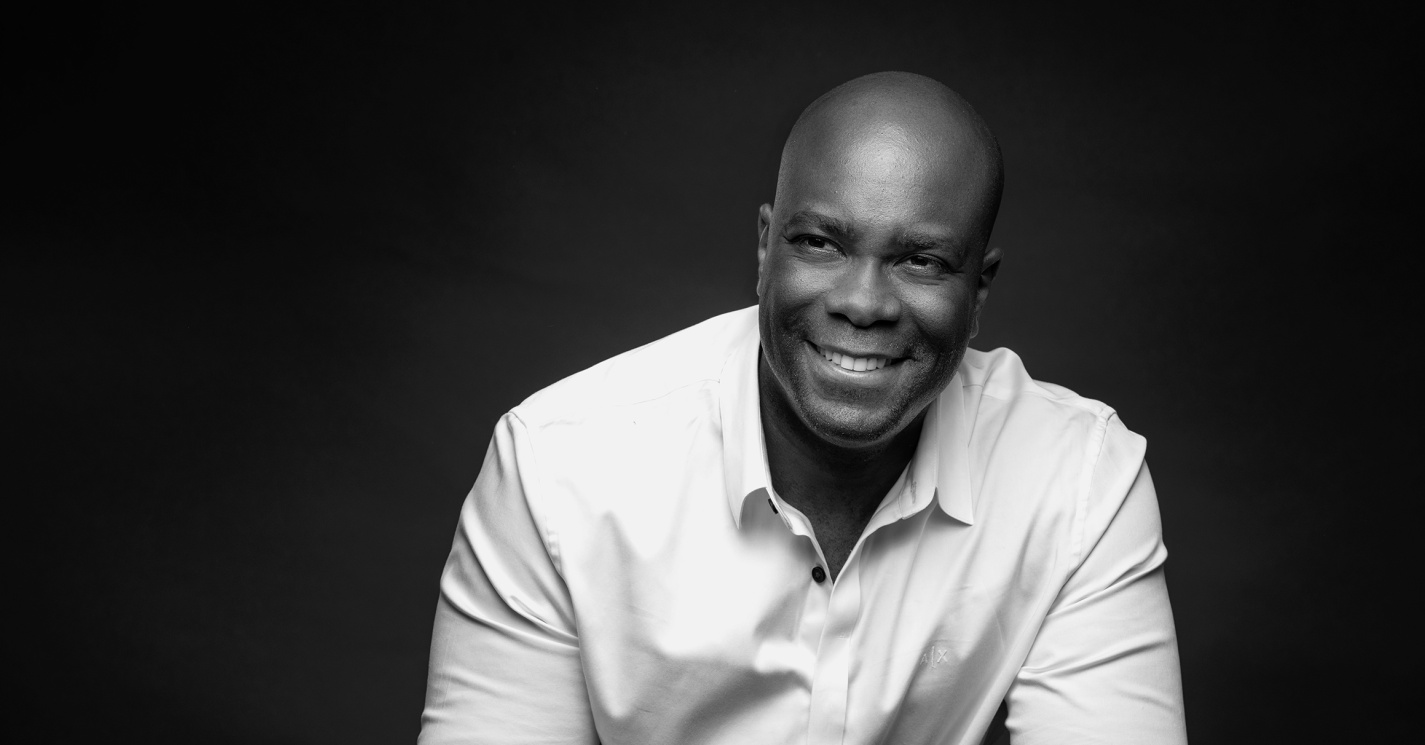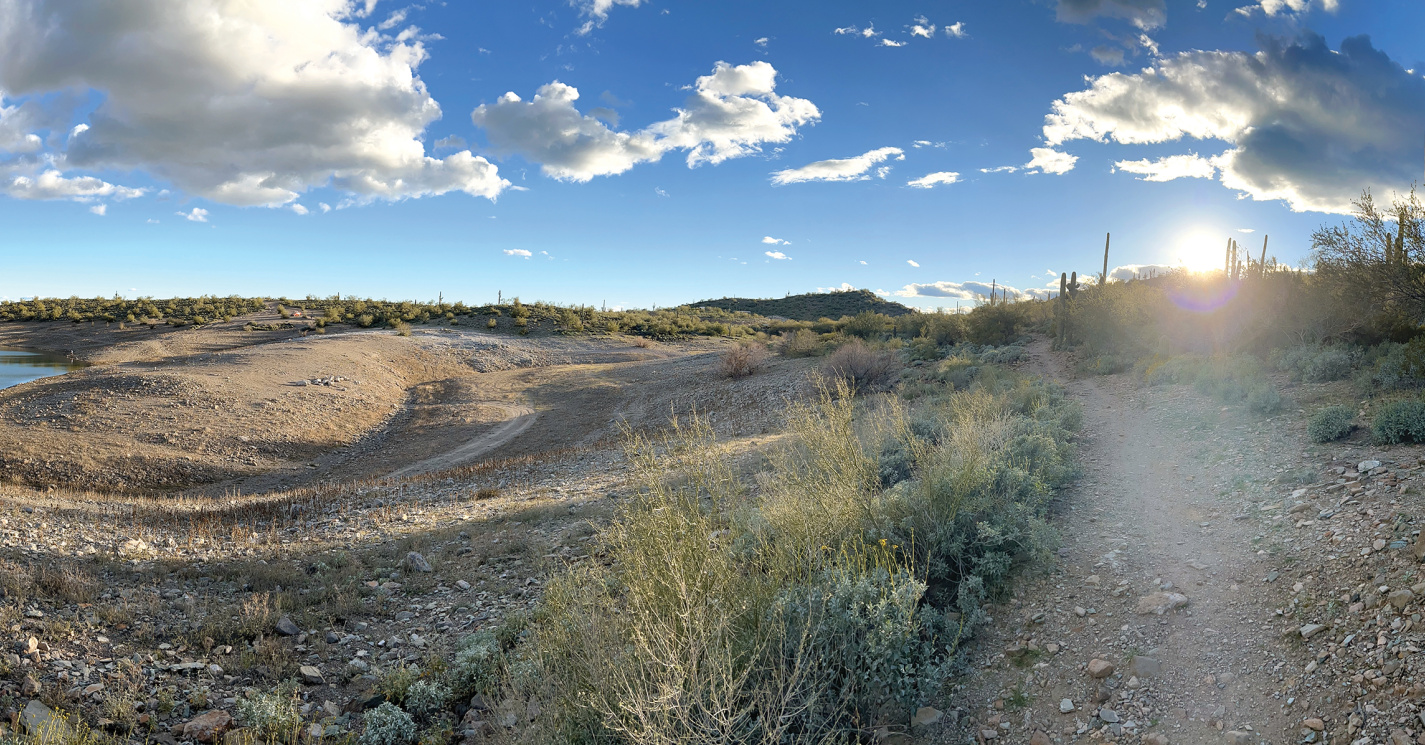Liesl Eichler Clark to Lead Climate Action Engagement
As the University of Michigan’s first director of climate action engagement, Liesl Eichler Clark is leading an initiative aimed at linking the university’s expanding sustainability research, collaborations and engagement with external partners to accelerate climate action in Michigan and beyond. Clark previously was the director of Michigan’s Department of Environment, Great Lakes and Energy (EGLE).
What is exciting about this role?
My career has been split between the public and private sectors working to solve the toughest challenges facing our future: climate change and decarbonizing our economy at the lowest possible societal cost. Finding new solutions with a different lens—that of the university—is appealing to me. I’m deeply curious, and I couldn’t pass up an opportunity to learn from faculty doing cutting-edge research. I am compelled by the systems approach of the School for Environment and Sustainability (SEAS), which is critical given the interdisciplinary nature of the challenge. And I have always found students to be one of the best sources of enthusiasm, particularly their ability to see paths forward that may not be apparent to others.
Why should U-M engage with external partners to solve climate change?
There is incredible urgency to this work. We experienced the hottest summer on record and incredibly expensive—in human lives and in monetary measurement—weather disasters. These occurrences will pick up speed as Earth reaches a tipping point. U-M broadly and SEAS specifically bring many parts of decarbonization solutions to bear. The necessary step is to encourage that work, link it across U-M, and support external engagement in Michigan and beyond so that we accelerate our response. We have a roadmap in the MI Healthy Climate Plan developed by EGLE and the MI Climate Action Council. That template requires more specifics on where the university plays a critical role. With convening strength, U-M will bring together communities, governments, nonprofits, businesses and other key players to reduce barriers and advance a more sustainable, just future.
What are some of your initial goals?
I’m focused on mapping U-M’s climate and sustainability work for my own understanding. I’m layering that with my background in state government and the clean energy sector to inform the white spaces in the MI Healthy Climate Plan, and identify where we can make a difference. The goal is to accelerate climate action through the research, faculty and student strength of U-M, capitalizing on practical solutions for Michigan, the Great Lakes region and the nation. We are currently targeting the opportunities where we can have the biggest impact, and I’m so excited to dive in. It’s time to capitalize on the deep expertise of universities to catalyze engagement beyond campus to make a lasting difference.
You’re a proud MSU grad, but your son is a first-year U-M student who is in the marching band. Have you started to bleed maize and blue yet?
As a member of the Spartan Marching Band, I’m excited that Max will have the opportunity to march with the Michigan Marching Band. Initially, we even thought the trumpet I used in college would get to be on the field at the Big House. Coming from a house divided, my sons grew up knowing they could feel comfortable on both campuses and that we are stronger when we focus on what unites us. Let’s not forget: Maize and blue make green, and the energy transition requires that we work together across boundaries to make real, lasting change for our planet. I’m passionate about President Ono’s vision that we leave the competition on the field or court and develop cooperation to solve our thorniest issues.





